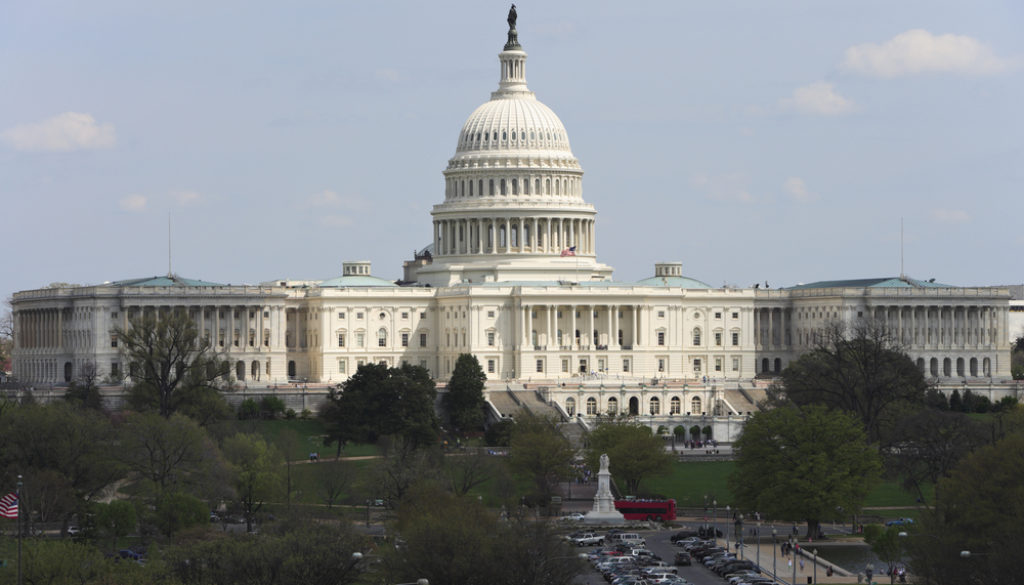Resolution of Disapproval: Call for Repealing the CRA Featured in ‘The Environmental Forum’
By James Goodwin, Center for Progressive Reform
The return of divided government promises to bring with it a welcome, albeit temporary, reprieve from the unprecedented abuse of the Congressional Review Act (CRA) that we witnessed during the 115th Congress. As I argue in an article featured in the March/April edition of The Environmental Forum, published by the Environmental Law Institute, the CRA has become far too dangerous a law – and the happenstance of divided government should not be the only thing protecting the public interest from future abuses. Rather, recent experience has provided us with all the evidence we need to repeal the CRA – for the good of public health, safety, and the environment, as well as the integrity of our democratic institutions.
During the 115th Congress, anti-safeguard lawmakers demonstrated the full destructive potential of CRA, with Republicans working with President Donald Trump to deploy the law to repeal 16 different regulatory safeguards covering a wide variety of workplace, financial, and environmental protections. In the article, I argue that this experience has fully normalized abuse of the CRA, in which narrow partisan majorities use the law’s expedited procedures to block implementation of broadly popular public interest laws – laws that those same members of Congress don’t have the political courage to try to repeal or amend in the bright light of day.
As I note in the article, abuse of the CRA is part of a broader trend in the current hyperpartisan era of Congress in which legislators have spurned regular-order lawmaking in favor of “legislative gimmicks” to score short-term political points at the expense of the public interest. Others examples include the use of anti-regulatory riders on must-pass appropriations bills. To make matters worse, the sponsors of these measures often enjoy close financial ties to the industries that directly benefit from them, creating the appearance, if not the reality, of corruption. (As Michael Kinsley famously observed, “the scandal is what’s legal.”) By reinforcing congressional dysfunction and the public perception of impropriety, the CRA and other such legislative gimmicks risk further undermining the legitimacy and integrity of Congress at a time when public esteem for our democratic institutions is already at a dangerous low.
It is unlikely that we’ll see a successful effort to repeal the CRA (or even legislation to defang it) in the near future. But it is also unlikely that we’ll see the return of a Congress that works “for the people” as long as the CRA remains on the books.

